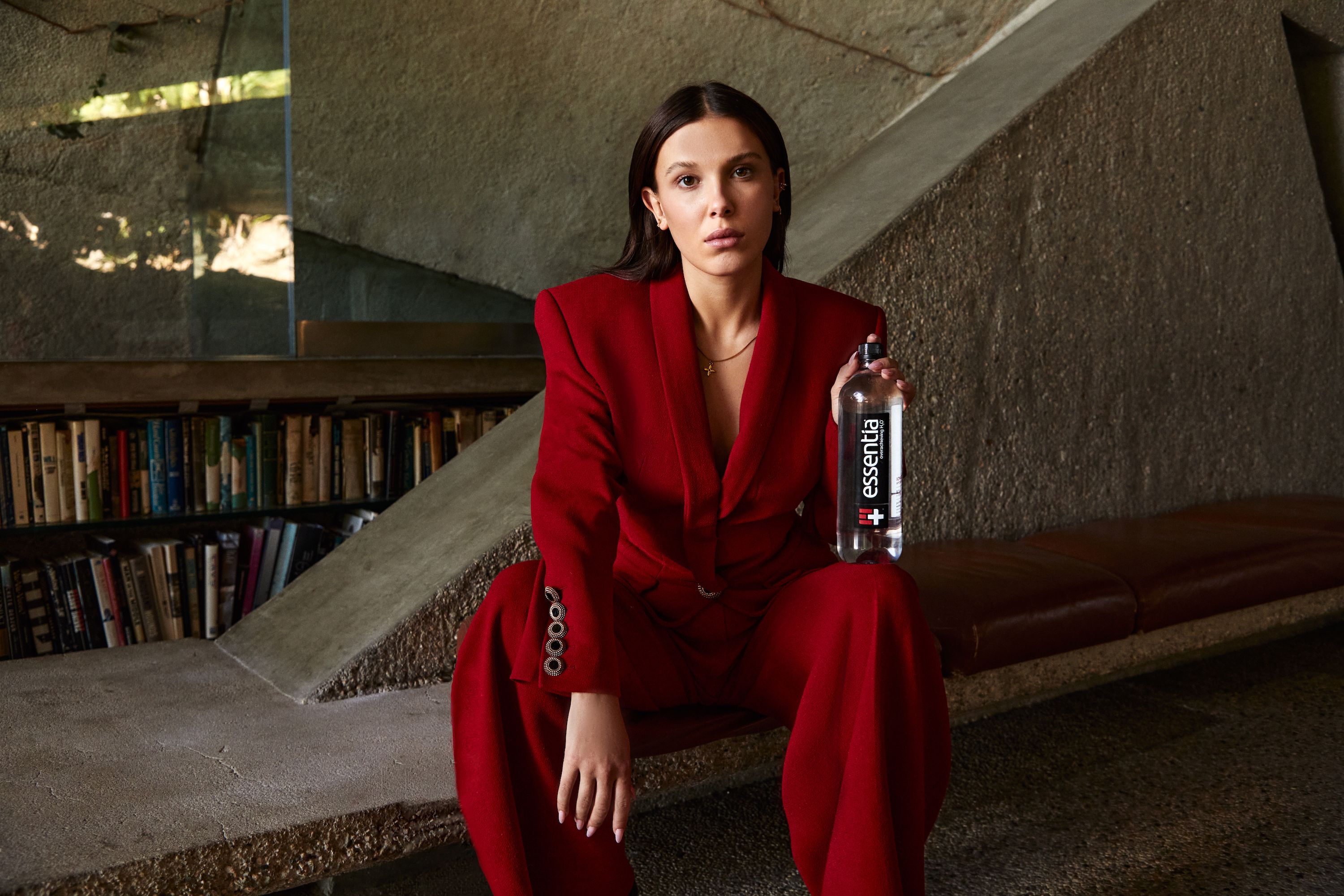The latest insult involves TikTok star Hunter Acimovic, 21, who claimed during a Livestream this week that he’d sexually “groomed” Brown, making a series of lewd comments about the young actress and employing a term that sexual violence experts say describes behaviors perpetrators use to lay the groundwork for abuse.
USA TODAY could not identify a representative for Acimovic, whose Instagram and Twitter accounts have been disabled. TikTok only allows direct messaging between friends.
It was an egregious violation, and given the age difference, sparked outrage on social media in defense of Brown, who has previously opened up about the toll hypersexualization and online hate have taken on her life.

It’s unclear if Brown and Acimovic (who goes by Hunter Echo on TikTok and boasts 1.6 million followers) were ever in a relationship, though representatives for the actress called Ecimovic’s remarks “dishonest,” “offensive,” and “hateful” and said they would move to take action against him rather than engage on social media.
Whether there’s any truth to Ecimovic’s claims, his Livestream continues the trend of sexualizing a girl considered under the age of consent in most states until recently. At 13, Brown was put on W magazine’s list of “Why TV Is Sexier Than Ever,” and grown men online have frequently commented on her looks. A GQ profile from 2016 called her a “very grown-up child” and remarked on the appearance of her legs.
On social media, users lambasted Ecimovic for sexualizing a minor. They condemned the public for its complicity in normalizing a culture that infuses young girls with adult sexuality while punishing them for it.
“It’s all the more disturbing because she is so young and has been sexualized from such an early age,” said Laura Palumbo, communications director at the National Sexual Violence Resource Center. “When someone is experiencing that kind of far-reaching sexualization – by society, by the media – it takes away some of their power and agency in sexual relationships. They can’t control the ways they’ve been sexualized, and that may impact the way others treat them.”
When Brown turned 16 last year, she posted a message on Instagram chastising the media and the public for years of mistreatment.
“The last few years haven’t been easy, I’ll admit,” Brown wrote. “There are moments I get frustrated from the inaccuracy, inappropriate comments, sexualization, and unnecessary insults that ultimately have resulted in pain and insecurity.”
A report by the American Psychological Association found the sexualization of girls can contribute to “body dissatisfaction, eating disorders, low self-esteem, depressive affect and even physical health problems in high school-aged girls and young women,” as well as “a societal tolerance of sexual violence.”
“Hypersexualization is considered the price girls and women have to pay for visibility,” said Juliet Williams, a professor of gender studies at the University of California, Los Angeles. “It reinforces their positioning as sexual objects and makes their objectification feel natural and legitimate. If you need evidence of what’s wrong with hypersexualization, look at the disgraceful, disrespectful commentary levied at (Brown).”











